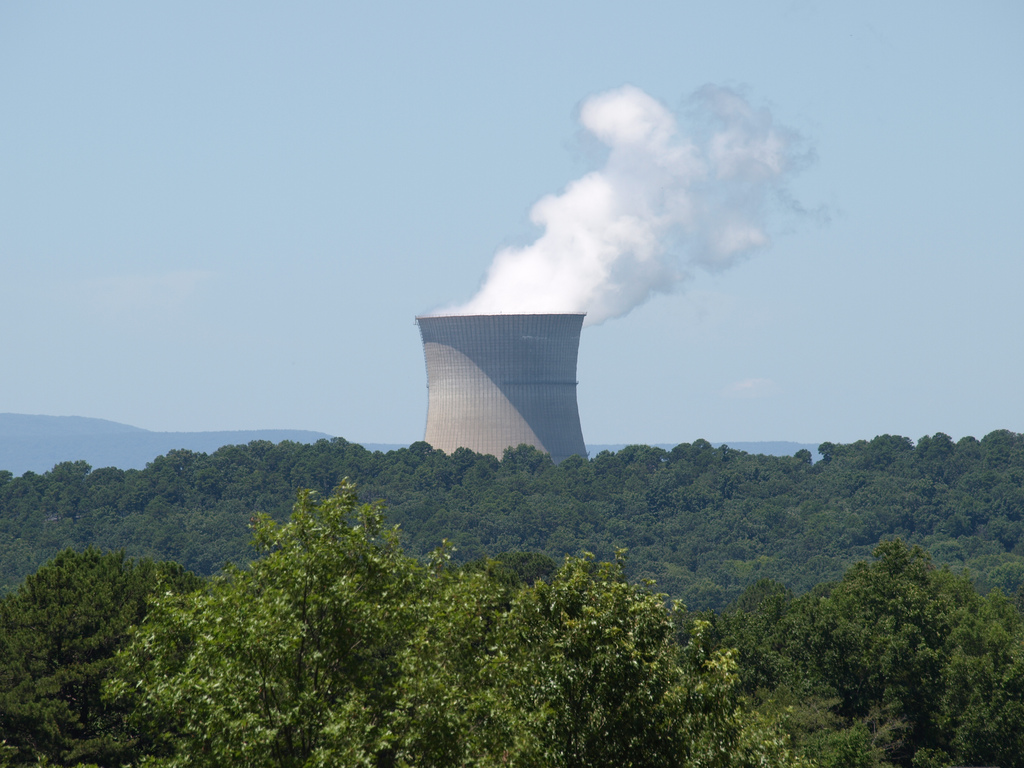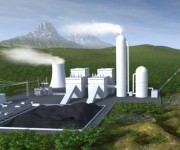Amory Lovins
-
Response to Wall Street Journal op-ed on clean fuels in the military
The Wall Street Journal recently ran an op-ed critical of the military's efforts on clean fuels. It was filled with factual errors and misunderstandings.
-
Eyes on a Clean Energy Prize
The Zayed Future Energy Prize is $2.2 million equivalent of a Nobel Prize for clean, sustainable energy recognizing individuals, non-profits, and companies that are doing the most to commercialize and distribute renewable energy to replace fossil fuels and cut pollution. There are two remarkable things about this prize – – it is sponsored by an […]
-
If efficiency hasn't cut energy use, then what?
One of the most penetrating critiques of energy-efficiency dogma you'll ever read is in this week's New Yorker. "The efficiency dilemma," by David Owen, has this provocative subtitle: "If our machines use less energy, will we just use them more?" Owen's answer is a resounding, iconoclastic, and probably correct Yes.
-
Obama’s nuclear generation gap
During the energy portion of his first State of the Union address last week, President Obama called for “building a new generation of safe, clean nuclear power plants in this country.” That raises a question: Exactly what generation of nuclear power is Obama talking about — and what makes it an improvement over the generation […]
-
Do we need nuclear and coal plants for baseload power?
On Friday, Matt Yglesias made the point that only socialist state control seems capable of creating a robust nuclear power industry. After all, the only countries building nuke plants these days are the ones where governments are making the decisions. David Frum replied with a series of wildly overbroad assertions ranging from false to highly […]
-
Our favorite green mustaches
For years, scientists have pondered the mysterious but persistent connection between ecological wisdom and the follicular phenomenon that is the mustache. Is it the ‘stache that produces the wisdom? Or does the wisdom push its bearer toward the ‘stache? Early research focused on Amory Lovins, the efficiency guru who pioneered the green ‘stache in the […]
-
The Climate Post: Big hopes for Al G.
First Things First: The trouble with electricity is that you can’t seal the unused portion when you’re done using it and put it on a shelf. The New York Timesa piece from industrial-belt poster-city Allentown, Penn. International Battery is developing a cereal-box-size battery that could help remake the energy economy by making electricity able to […]
-
U.K. subsidizes EVs, Amory Lovins talks trucks, and more green auto news
Photo by Sara Barz. Last Thursday, the UK government announced it would offer British citizens subsidies of 2,000-5,000 pounds ($2,900-7,500) for electric vehicles. To facilitate the adoption of electric vehicles, the government will set aside 20 million pounds ($30 million) to invest in electric-vehicle charging stations in city centers and high-traffic regions. This is welcome […]
-
Today's leftovers
A couple of notable things today that I won't be able to give the time they deserve:
- Brad at the Wonk Room notes that the self-styled Senate "centrists" who carved
$100 billion600,000 jobs out of the stimulus bill -- under the guise of "cutting the fat" -- managed to protect a $50 billion boondoggle for nuclear power, water down loan guarantees for renewable energy and grid projects, and boost subsidies to dirty energy. Nice work, "centrists." - Amory Lovins has a guest post on the NYT's Freakonomics blog, making his familiar case that small and smart beats big and powerful when it comes to electricity generation. The comments reflect all the usual misunderstandings Lovins encounters, including the comical demand that he supply statistics to back his case. Whatever Lovins' faults, lack of statistics isn't one of them. He's even quantified the number of hidden economic benefits of micropower: there are exactly 207!
- Huzzah to Keith Johnson at the WSJ's energy blog for making a point that is too-little understood by the broader body politic: dirty power is "cheaper" than clean power because dirty power doesn't pay for its full costs. This seems incredibly basic and obvious to people who have been studying and writing about energy for a while, but it still hasn't really penetrated the public conversation. Witness the outbreak of dumbassery in the WSJ comments.
- David Sirota makes a good point: if you tax energy companies to fund good things, you make those good things dependent on energy companies -- perversely, you strengthen the political hand energy companies can play. Careful how you use tax revenue.
And that was just from today!
- Brad at the Wonk Room notes that the self-styled Senate "centrists" who carved






